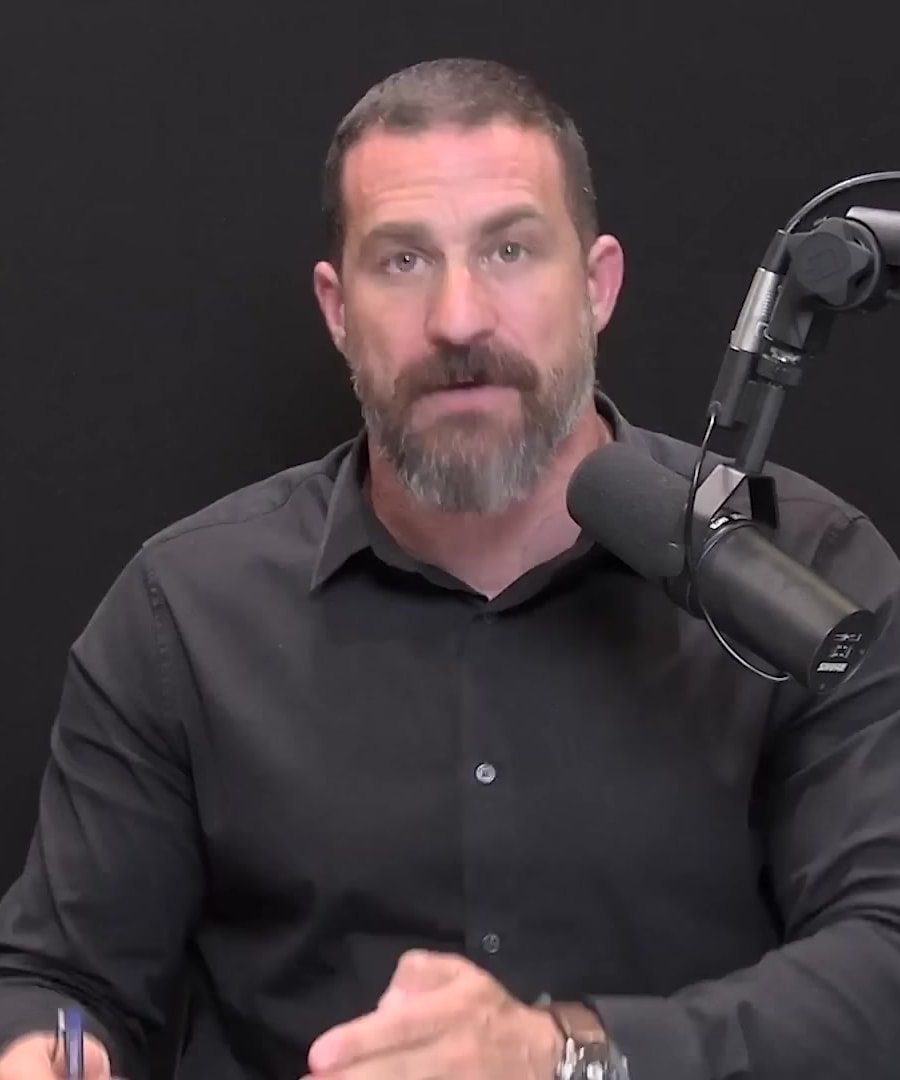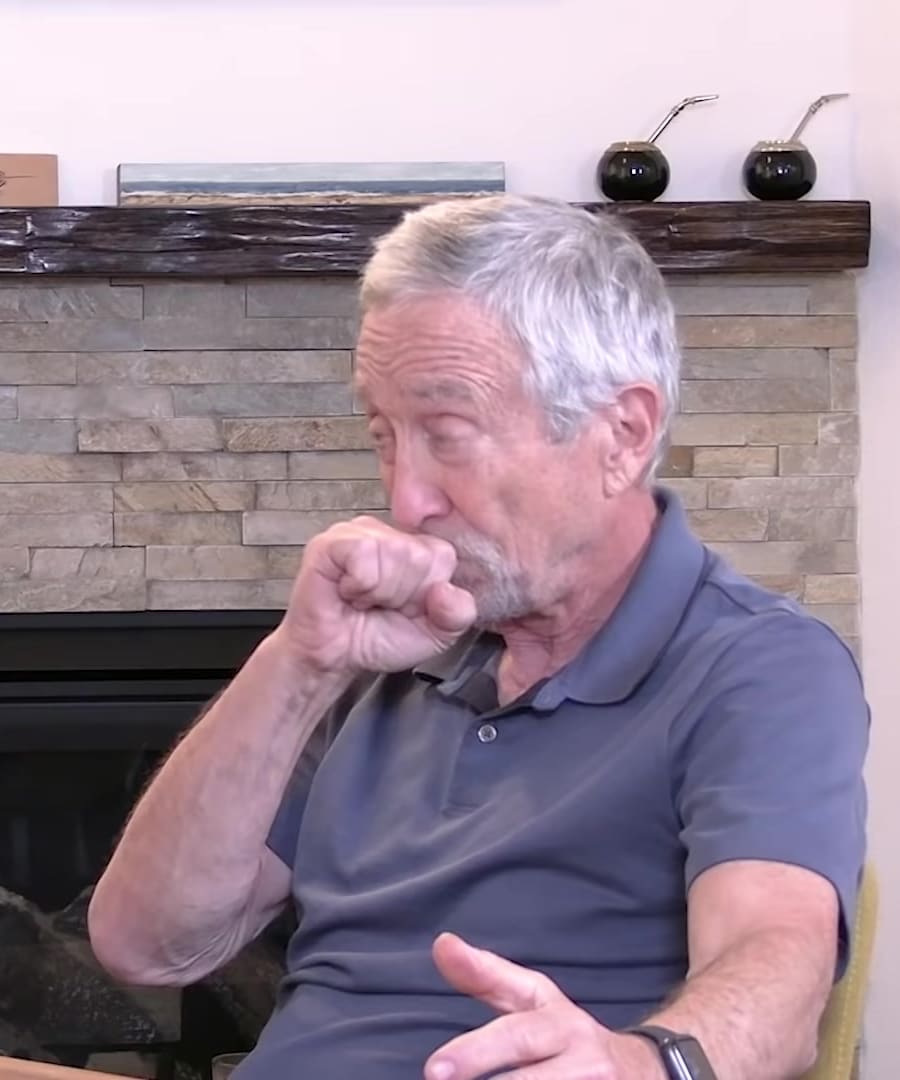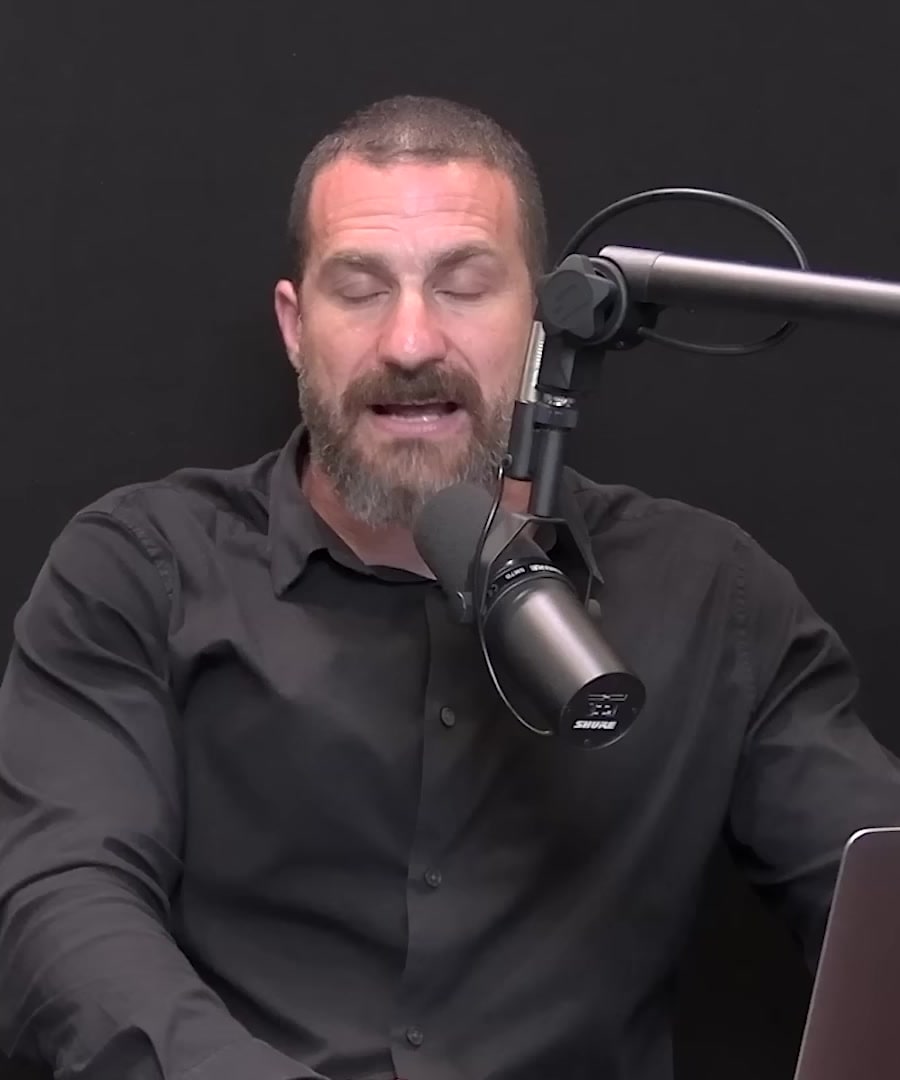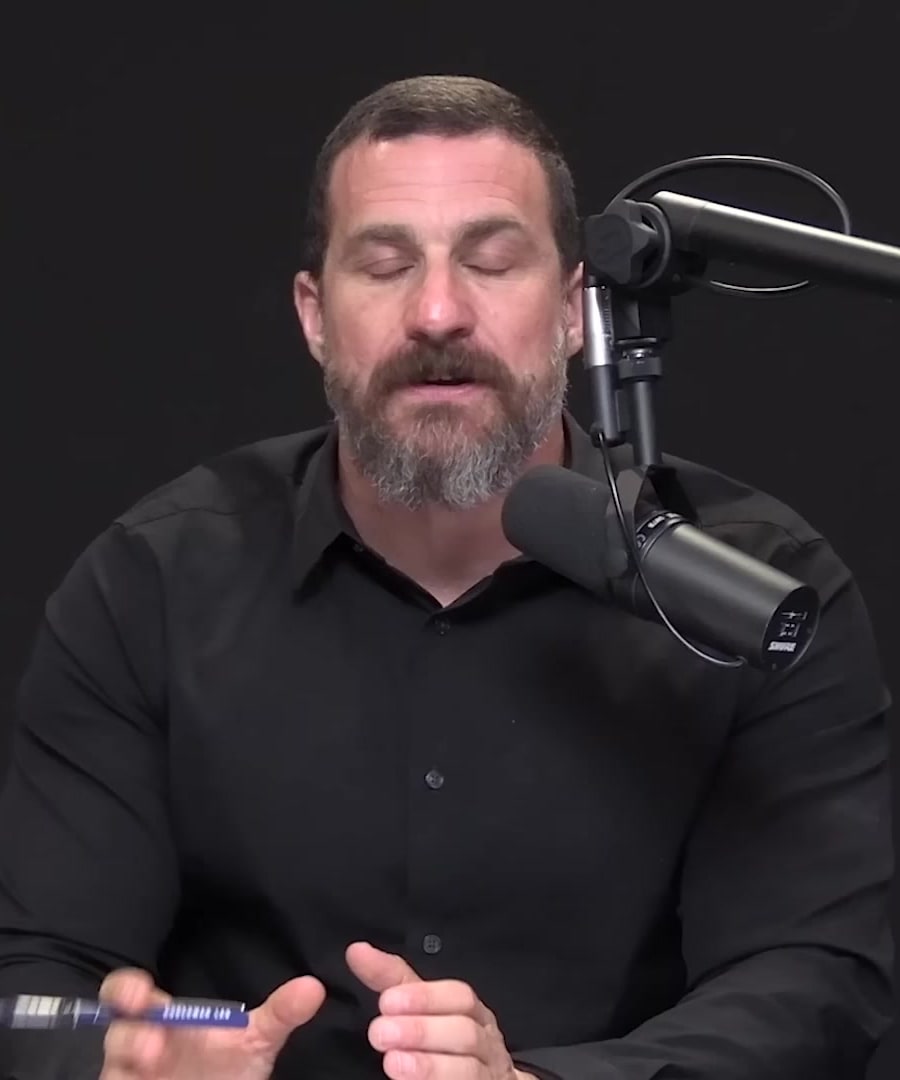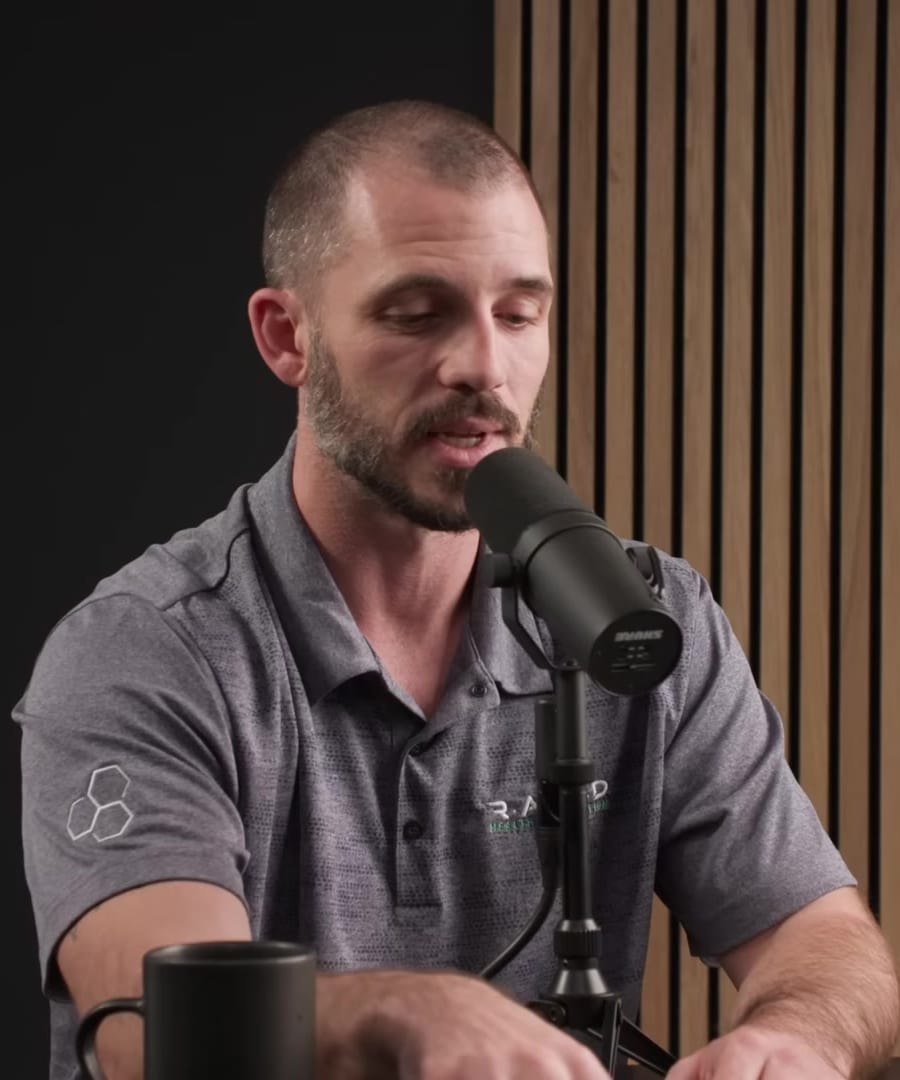Breathing
Sources:
Breathing is a central topic in the , discussed extensively for its wide-ranging effects on mental, physical health, and performance. Here are some key insights shared by and guests on various aspects of breathing:
Breathing Techniques and Their Effects
-
Diaphragmatic Breathing: This is considered the most efficient way to breathe, allowing for optimal air intake and carbon dioxide removal by using the diaphragm effectively. It's a core aspect of many relaxation and performance techniques (1).
-
Physiological Sigh: This breathing pattern involves a deep inhale followed by a very brief additional inhale to fully inflate the lungs, and then a long exhale. It is particularly effective between sets during workouts to shift from sympathetic to parasympathetic nervous drive, enhancing calmness and focus (2).
-
Deliberate Breathing in Meditation: Slowing and controlling the breath during meditation focuses attention inward and can alter brain state, enhancing the benefits of the meditation practice (3).
Biological Mechanics of Breathing
Breathing involves complex mechanical and neural components:
- Nasal vs. Oral Breathing: The resistance to air differs when inhaling through the nose compared to the mouth. Nasal breathing is generally harder but offers several advantages, including enhanced filtration and possibly improved dental and facial structure (4).
- Roles of Diaphragm and Intercostal Muscles: These muscles work to expand and contract the lungs, allowing for the mechanical act of breathing. The lungs themselves act like bellows, with the avioli inside facilitating gas exchange (5).
Breathing's Impact on Mental States
-
Breathing and Depression: explains how breathing can disrupt neural circuits involved in depression, potentially providing relief through regular practice of controlled breathing (6).
-
Control Over Breathing: Unlike many other bodily processes, individuals can take conscious control of their breathing at any moment. This unique feature allows for rapid modulation of physiological and mental states (7).
These insights underscore how breathing is not just necessary for life but a powerful tool for managing health, mood, and performance.
RELATED QUESTIONS-
Sleep disorder
Sources:
Sleep disorders are a significant concern discussed in-depth on the , focusing on their impacts, identification, and management strategies. Here are some key insights:
Common Sleep Disorders
-
Sleep Apnea: This is a serious disorder where breathing repeatedly stops and starts during sleep, causing insufficient oxygenation. It often affects those who are overweight, including those with substantial muscle mass, and may require using a CPAP device during sleep. Encouraging nasal breathing during sleep by using medical tape over the mouth can help mitigate this issue (1 2).
-
Insomnia: Discussions about insomnia were not found in the data pulled, but it usually refers to the difficulty in falling or staying asleep.
Potential Causes and Indicators of Sleep Disorders
- Excessive Nighttime Hydration: Overhydration can lead to disrupted sleep due to frequent urination. If you're waking up to urinate more than once nightly despite proper hydration, it could indicate a sleep disorder (3).
- Effects on Health: Sleep disorders like sleep apnea are linked to severe health issues such as cardiovascular problems, cognitive challenges, and sexual dysfunction. They are also prevalent among those with high physical mass due to muscle or fat (1).
Management and Preventative Measures
- Nasal Breathing: Learning to be a consistent nasal breather, especially during sleep, is highlighted as a behavioral change that can help alleviate the symptoms of sleep apnea (1).
- Mindful Hydration: Adjusting hydration habits to avoid excessive water intake before bedtime can reduce sleep interruption from the need to urinate, thus promoting better sleep continuity (3).
Understanding and addressing sleep disorders is crucial given their potential to significantly affect overall health and wellbeing.
RELATED QUESTIONS-
Breathing
- RELATED QUESTIONS
Sleep disorder
- RELATED QUESTIONS


